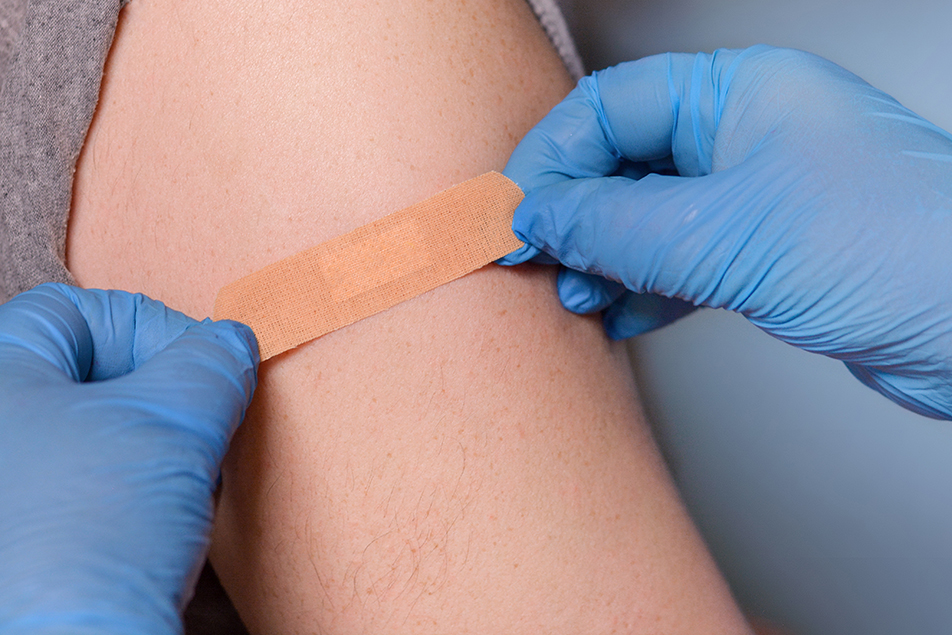
This post was written by Mary Langemeier, PharmD candidate, Purdue University, Daniel Reyes, PharmD candidate, Manchester University, Joseph Brown, PharmD candidate, Manchester University and Trent Towne, PharmD, BCPS-AQID, Manchester University.
Since the onset of the pandemic, clinical experts and researchers have shared the risks associated with obesity in relation to the severity of the virus. It is considered one of the comorbidities that can determine a patient’s response to COVID-19, as well as a host of other conditions. But how does weight impact a person’s response to vaccines, if at all?
Does body weight correlate with lowered response to vaccines?
Vaccines are important in protecting against many infectious diseases. Their role in personal and public health has perhaps never been more important. It is well known that some groups, such as those with cancer, transplants, or other conditions affecting the immune system do not achieve the same level of protection from vaccines as those without these conditions. Another population that has the potential to respond differently to vaccines is those who are obese, that is those people who have a body mass index (BMI) greater than 30 kg/m2.
Why does body weight impact vaccine efficacy?
Vaccines work by making your body respond to a stimulus similar to when the body is fighting off infection. This allows the body to recognize a pathogen – like bacteria or a virus – sooner and develop the right machinery to combat potential infection. As such, to have a vaccine work well, the immune system must initiate a response and be able to amplify to respond to the vaccine and later on to infection.
Several studies suggest that patients with an overall BMI greater than 30 kg/m2 may have a lower immune response to vaccination. Different explanations have been made to describe how increased obesity may lead to a reduced immune response. These include increases in pro-inflammatory hormones, chronic low-level inflammation and overall changes in body composition (greater fat-to-mass ratio) observed in obese patients.
Another consideration regarding vaccines is how they are administered. Most vaccinations are given intramuscularly, inappropriate needle sizes may cause vaccinations to be deposited into fatty tissue, resulting in less systemic absorption.
Should I still get vaccinated if I am obese?
Yes! Everyone should get immunized to protect themselves against vaccine-preventable diseases. Although obesity may cause a person to have more risks for other disease states and health complications, when it comes to vaccines, the differences in immune response associated with bodyweight for most vaccinations appear to be limited. It should also be noted that not all vaccines are impacted by obesity. Obesity, and coexisting health conditions, can put you at higher risk for getting more severe infections. A vaccine can lessen the severity or prevent entirely serious illnesses and death!
You can find more information regarding vaccines or how to lose weight on the CDC, WHO and NIH websites, or contact Parkview Weight Management and Bariatric Surgery to learn about local resources and seminars.
References
https://www.ncbi.nlm.nih.gov/pmc/articles/PMC4547886/
https://www.ncbi.nlm.nih.gov/pmc/articles/PMC8029603/
https://www.ncbi.nlm.nih.gov/pmc/articles/PMC4791086/